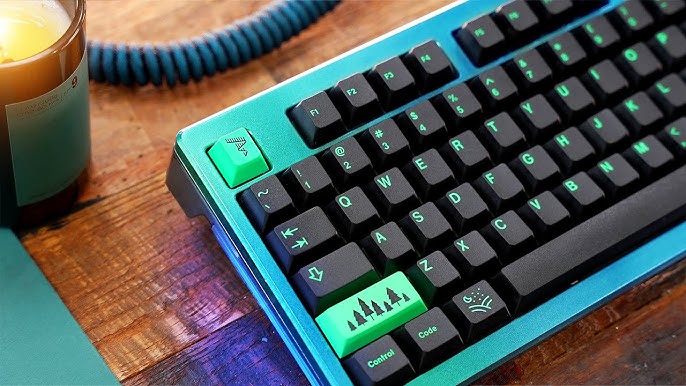
Mechanical Keyboards vs. Membrane Keyboards: Which is Better for Productivity?
A keyboard is a crucial tool for any professional, and its impact on productivity should not be underestimated. There are two main types of keyboards: mechanical keyboards and membrane keyboards. Both offer unique advantages, but it's essential to understand which one best suits your work style.
Mechanical keyboards: Precision and durability
Mechanical keyboards are known for their durability and precision. Each key has an individual mechanical switch, providing a clear tactile response and immediate feedback with every press. This feature makes them ideal for writers, programmers, or anyone who spends long hours typing, as they reduce hand strain and improve accuracy.
Additionally, mechanical keyboards are extremely durable, with a lifespan of over 50 million keystrokes per key—far more than membrane keyboards. Brands like Corsair and Logitech are known for producing high-quality mechanical keyboards, with customizable features like LED backlighting and different switch types (red, blue, brown) to suit each user’s preference.
Membrane keyboards: Quiet and affordable
On the other hand, membrane keyboards are generally quieter and lighter, making them a suitable option for offices where noise can be a distraction. Additionally, they are usually more affordable than mechanical keyboards, making them appealing for those on a budget.
These keyboards work by pressing down on a flexible membrane that closes the electrical circuit, offering a smoother typing experience. However, without the pronounced tactile feedback of mechanical keyboards, they may not be as efficient for users seeking precision and speed in typing.
Impact on ergonomics
An important aspect to consider is ergonomics. Mechanical keyboards tend to be taller and require more pressure to type, which can cause hand fatigue after long sessions if the wrist position isn’t properly adjusted. In contrast, membrane keyboards are flatter and softer, which may be more comfortable for some users.
Many models of both types also include additional ergonomic features, such as wrist rests or adjustable keys, which can enhance comfort during long hours of work.
Conclusion
The choice between a mechanical keyboard and a membrane keyboard depends on your specific needs. If you value precision, durability, and don’t mind the noise, a mechanical keyboard is the best option. However, if you prefer a quiet, affordable, and smoother typing experience, the membrane keyboard might be the right fit. The key is balancing your personal preferences with the demands of your daily work.






